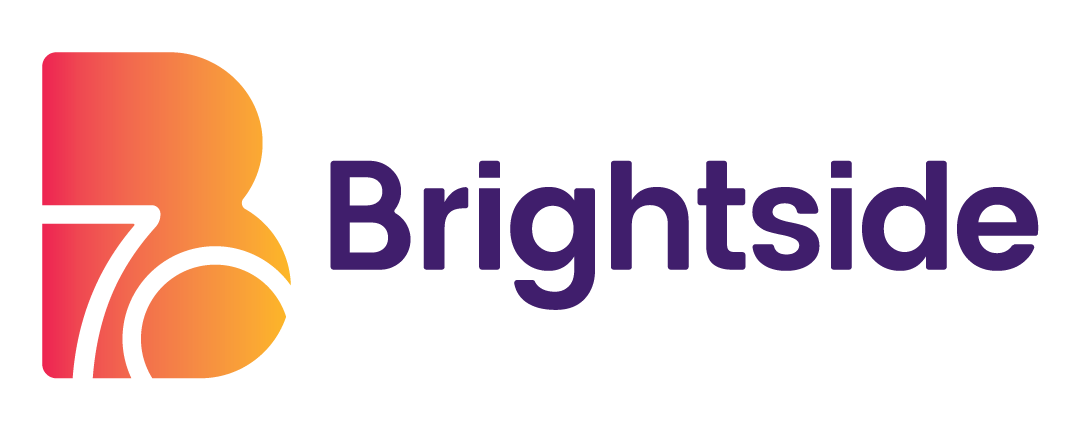Small shift in bylaws can make a big difference, and put unceded land back into Indigenous hands
William Azaroff, CEO, Brightside Community Homes Foundation and vice-chair, BCNPHA Board of Directors
(Originally published in the Spring/Summer 2022 edition of the BCNPHA’s InfoLINK publication)
Many organizations in the community housing space have begun or continue the important work of reconciliation with Indigenous communities, and decolonizing their organizational practices and policies. As an overwhelmingly land-based sector, normalizing the concept of land-back in the way we conduct our affairs is a key part of the process of decolonizing our organizations and resetting the idea of who owns the land upon which we do our important work. A simple yet highly impactful step that nearly any organization can take starts with changing what happens to the land in the event that an organization should wrap up operations or dissolve.
I have two roles in my professional life. I’m CEO of Brightside Community Homes Foundation in Vancouver and am Vice-Chair of the BCNPHA Board of Directors. I often find myself reflecting on this dual capacity and on actions that can both serve the organization I lead and the community housing sector more broadly. Just such an opportunity arose while updating Brightside’s By Laws; specifically, a potential opportunity to change the language in our standard dissolution clause that could better align with our efforts to decolonize the organization.
As many of us in the community housing space will know, all non-profit housing society By Laws have dissolution clauses that dictate what happens to an organization’s assets in the unlikely event that the organization ceases to exist. The standard language stipulates that in the case of this unfortunate event, the assets would go to other non-profit housing societies with similar missions.
Any time community-owned land changes hands, there is an opportunity to think about the original stewards of the land and consider a land-back opportunity in that transfer. When I refer to land-back, I mean any action that seeks to return ownership, stewardship or control of land and property back to Indigenous authority, recognizing the way it was taken from them.
At Brightside, we wrestle with what it means to be a land-owning organization on unceded territory and so changed the Dissolution clause in the By Laws to reflect our values. Brightside’s new language states that if our organization ceases to exist, our land assets will first be offered to any First Nations on whose traditional territories that property is on. If no First Nation is interested in receiving the land asset, then it will go to a non-profit housing society with a focus given to those societies serving Indigenous communities.
We consider this a small but important step in our exploration of ways to decolonize our organization. Thinking about decolonization can be daunting, so we need examples of what that can look like in simple, practical terms. We engaged with local First Nations and Indigenous housing organizations on the Dissolution Clause and incorporated their input into the language. We then brought the language to BC Housing who were very supportive of the changing the clause
With BC Housing’s support the changes to Brightside’s Dissolution Clause were recently approved by the BC Minister Responsible for Housing and the changes have now become official. We are very happy that this was such a fast and smooth process.
It is my hope that by sharing this language with all housing societies more of us can, as we update our By Laws, seriously consider changing this language to our Dissolution clauses and consider the original stewards of the land where we do our work.
As a reference the language changed from:
Upon the winding-up or dissolution of the Society the assets remaining after the payment of all costs, charges and expenses properly incurred in the winding-up or dissolution, including the remuneration of a liquidator, and after payment to employees of the Society of any arrears of salaries or wages, and after payment of any other debts of the Society, shall be distributed to a charitable organization or organizations in Canada, registered under the provisions of the Canada Income Tax Act, which shall be designated by the board of directors of the Society.
To:
Upon the winding-up or dissolution of the Society the assets remaining after the payment of all costs, charges and expenses properly incurred in the winding-up or dissolution, including the remuneration of a liquidator, and after payment to employees of the Society of any arrears of salaries or wages, and after payment of any other debts of the Society, shall be distributed to the appropriate First Nation upon whose unceded, ancestral territories the organization operated to further the Nation’s affordable housing objectives, or if those Nations decline some or all of the assets, then the assets remaining shall be distributed to a charitable organization or organization in Canada with similar aims or purposes to those of the Society, registered under the provisions of the Canada Income Tax Act, which shall be designated by the board of directors of the Society with prioritization given to organizations serving Indigenous communities.
If your organization is interested in making this same change to your By Laws, you can copy the paragraph above and replace your own Dissolution clause with this updated language and then work with your BC Housing representative to have that change accepted before submitting to BC Registries online.
